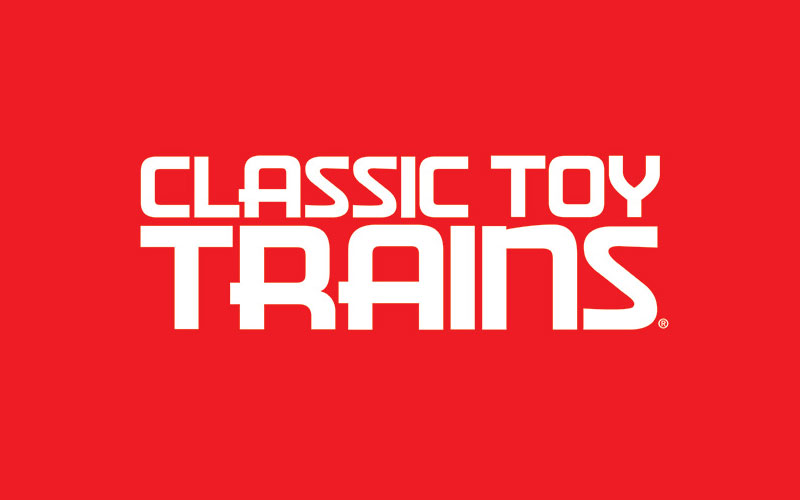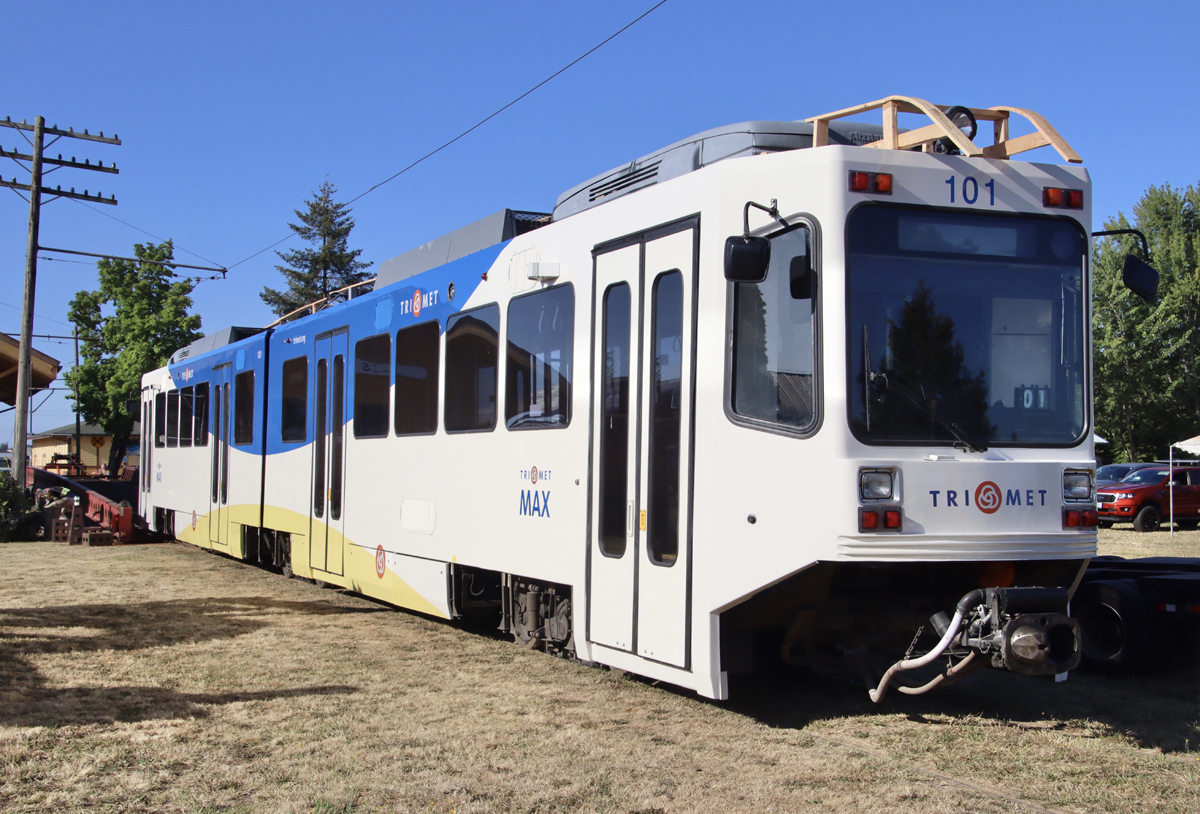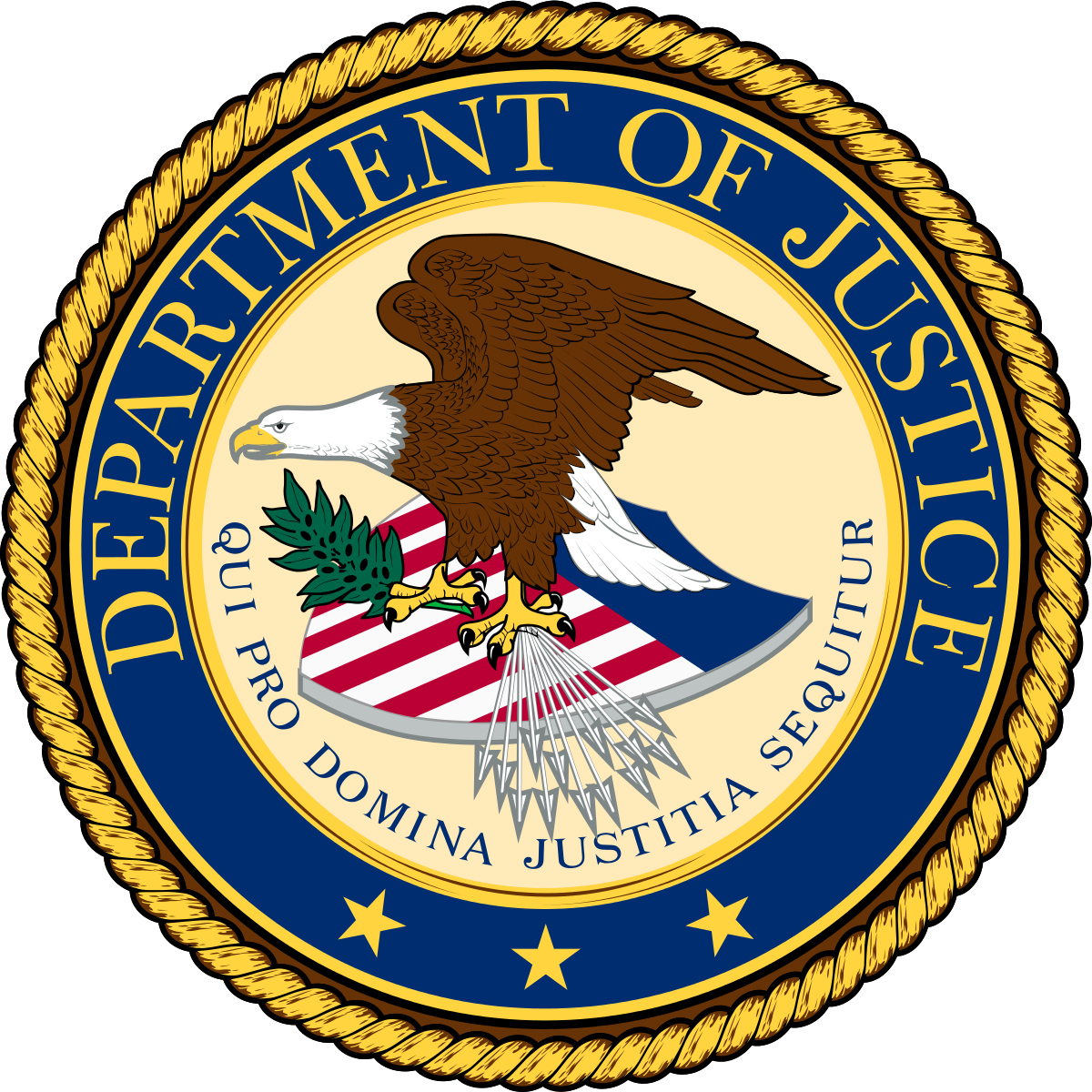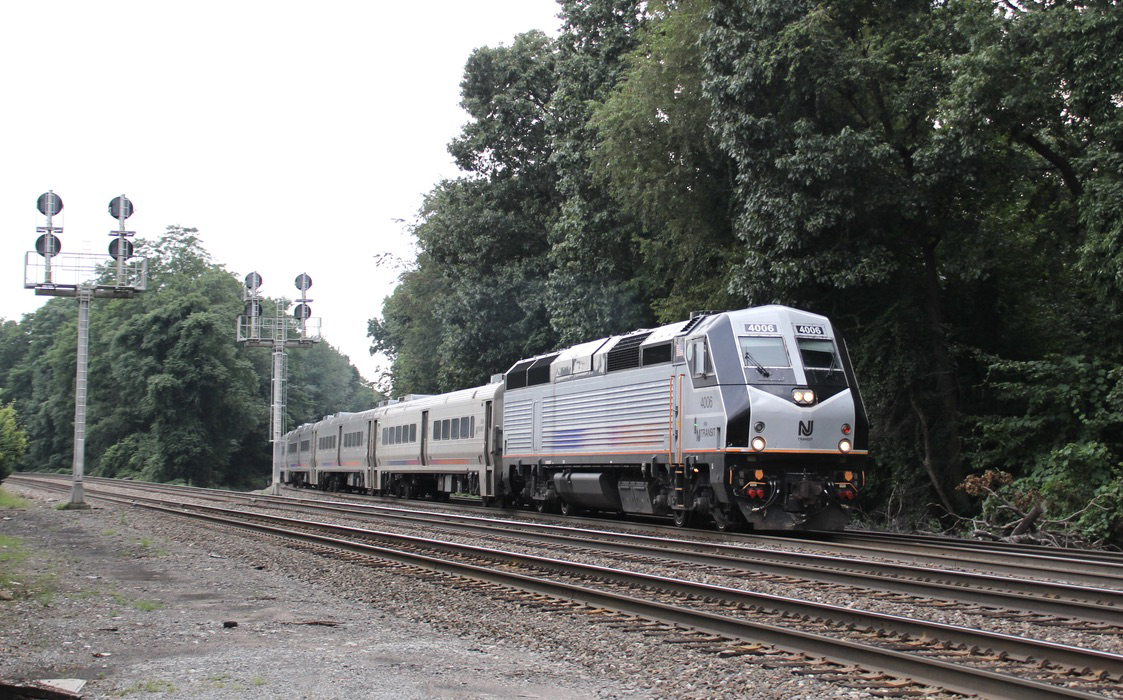The study draws from three sources. A U.S. Department of Transportation infrastructure status report, issued in 2015, identifies an $89.8-billion backlog of spending needed just on state of good repair transit projects. APTA also includes $51.2-billion worth of projects in the pipeline, awaiting funding under the Federal Transit Administration’s Capital Investment Grant program.
Then, the DC-based trade association surveyed its members, asking them to identify other unfunded priority projects. Not all transit agencies responded, but the 55 that did named 169 additional projects total $91 billion, bringing the total to $232 billion.
The largest amount from any agency responding to the survey came from LA Metro, which cites a total $31.4 billion, primarily for future projects such as the Sepulveda Corridor and the work to build run-through tracks at Los Angeles Union Station. Of their total, $21.8 billion is for rail, with the balance for bus rapid transit or unidentified vehicle purchases.
The New York Metropolitan Transportation Authority calls for $6.4 billion, primarily for the Second Avenue subway. Others include the Southeastern Pennsylvania Transportation Authority, $6.4 billion; Dallas Area Rapid Transit, $2.9 billion; Chicago’s Metra, $5 billion; and the Chicago Transit Authority, $4.4 billion.
Related to the stalled Gateway Project, the Port Authority of New York and New Jersey listed $13.6 billion for Hudson River tunnels and the Gateway Program Development Corp. showed $1.6 billion for the Portal North Bridge project.
Some of these agencies have access to existing funding sources, such as Measure M tax receipts in Los Angeles, or are exploring new funding options such as congestion pricing in New York City.
Beyond funding these projects, the APTA report states that “public transit agencies need fiscal support to better integrate fare technologies with emerging modes,” such as ride-sharing, bikeshare and other new options.
APTA released the report at its just-concluded 2019 legislative conference in Washington, where hearings on an infrastructure package have already begun. Virginia Miller, a spokeswoman with APTA, says the organization and conference attendees met with congressional staff while there to discuss the report.














How ironic that special interest groups are calling for more money to be poured into the HTF highway trust fund for our roads
Timothy Ekren: Columbia River town is Moiser Oregon. They have a great mistrust of railroads after a derailment and fire of only 4 crude oil tanks. If not for the fact that the wind was low that day (normally 20-30 MPH with gusts higher) the damage would of been much higher.
Railroads need to regain the trust of citizens before the rebuilding of USA can continue sans lawyers at each step.
A continuing problem is the people who live next to tracks and expect the trains to go away so they can landscape the ROW. Some of these people have money that they are willing to spend on lawyers and politicians to the determent of everyone else.
Making decisions by consensus is slow, painful and not a strong suit with many railroads.
Retired BN, KJRY, PNWR.
Have to agree with Charles on this one as well. The more direct democratic approach to legislation the more litigation as a project has to try to appease everyone, satisfied countless requirements whether if be Feds/State/Local and those who are not satisfied file lawsuits before it ever breaks ground. Pendulum has swung to far in one direction when it comes to actually building infrastructure and politicians more or less go along with it because those who have an interest in the process wants it that way.
A couple great examples as of late. UP trying to add siding capacity on its rail line along Columbia River and actually make it safer, less disruptive for a nearby community but shot down (wish I could recall the town) and or BNSF attempt as of late to get necessary permits to double track the bridge outside of Spokane where traffic bottlenecks & trains idle spewing more not less diesel fumes in the air
I agree with Mr Privara. By the time any pubic project gets built, consultants have milked huge amounts of money. And for nothing in my opinion. They are truly CONsultants.
Of which “consultants” get half.
(Not complaining, I worked in “Financial Services INNNDUSTRYYYYYY” my entire life, which is the second biggest scam that exists after the military (well, actually, it might be first: because without free money where would any of our lucrative scams be?)
JOHN – Good comments, important and informative.
GERALD – Thank you. I appreciate your post. The consultants I’ve known have been brilliant and hard-working. They only fail when politicians tell them what to say because the politician doesn’t want to say it himself.
C. N. Landey
$232 billion is 5% of the 2019-2020 Federal Budget. If over 10 years, that would be .5% (half of 1 percent) of the annual Federal Budget.
You decide.
The US currently finances about $14 trillion annually.
Just 1 ISTEA bill would cover the entire amount if they so wanted for the entire 10 years.
The real question is where would the revenue come from to pay off the bill? They could take a half penny out of every $1 of budget in the government and fund the entire effort.
The number looks very large to us regular people, but the federal budget is so massive now,
When you break it down, it makes more sense.
Charles Landey has made a statement that I can agree with…for those of you that might not know any better, consultants are usually people that worked in a particular field for decades and have intimate knowledge of the subject…at least the good ones.
Yeah, guys, blame attorneys and consultants for the failings of politicians and the voters who elect the politicians.
In my view both the financial industry as well as the legal profession are honorable and necesary endeavors. As are, for that matter, consultants with domain expertise when complex and expensive projects are involved.
The problem with all of these is the personalities drawn to the nexus of money and power that attracts and requires financing, legal expertise and complex project consultation is all too often shockingly unethical.
Overfinancialization of the economy and the ease of pursuing lawsuits with little merit are also issues that don’t make these professions evil per se are also a big problem.
Mister Dicenso: Your slanderous canards wound me to the quick, sir. I assure you solemnly that I do not chase ambulances … not that I will admit to not having obtained an opinion from my attorney …
The above comments are general in nature and do not form the basis for an attorney/client relationship. They do not constitute legal advice. I am not your attorney. Find your own damn lawyer.
Fare technology similar to ride share and bike share can also be applied to intercity passenger trains as well as transit.
Add “attorneys” to that. And resultant real estate and development deals are another form of slush funds for the politicians and their cronies.